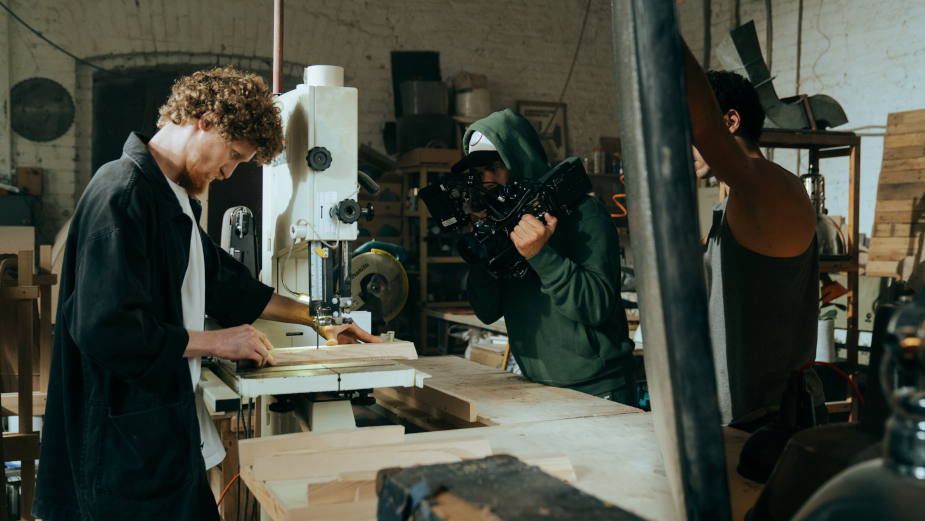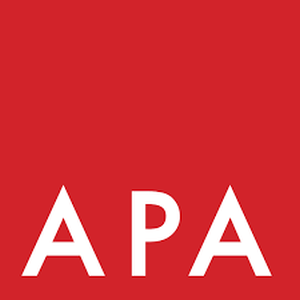
Significant Changes to APA Production Advice Focus on Wellbeing and Work-Life Balance

The UK’s Advertising Producers Association has announced changes to its production advice and best practice to improve wellbeing and work-life balance for crew and production people working on commercials.
In a statement to APA members, chief executive of the association Steve Davies announced that from November 1st, 2021, the following changes to commercial shoots (defined as “any production of audio-visual advertising for any media”) will come into effect:
1. Shoots shall not be scheduled to go beyond 12 hours (11 hours plus one hour for lunch) from the main unit call time and unscheduled overtime beyond that time for the main unit shall be avoided in all but the most extreme circumstances and shall be limited as far as possible. This is the APA’s advice and best practice.
2. Working on Saturdays will be at one and a half times the crew's hourly rate. This is to discourage the scheduling of productions on Saturdays as far as possible so that, together with the existing double-time rate on Sundays, shooting is more often confined to the Monday to Friday working week so that crew and production people get more rest and time to spend with their families/away from work.
3. All crew are to be informed on the engagement of the production company’s best estimate of the duration of the shoot on each day, the start time, and the location of the shoot - and to be updated on such changes to any of those things as soon as practical after they arise.
4. Crew, being freelance and working for different companies, need to consider whether to accept an engagement in the context of their schedule before and after - the assessment of the demands of different jobs is their responsibility.
5. Freelance production managers, production assistants and runners will be paid single -time overtime on shoot days for each hour they work beyond 11 hours from the main unit call time. They will be paid double time for shoots on Sundays and for night shoots and time and a half for Saturday shoots.
“These changes represent a significant change to the industry that both addresses the current situation regarding the volume of work undertaken by crew and production people and in improving the wellbeing of everyone working in our industry,” read the statement.
The initiatives resulted from the APA’s recent review of working arrangements for commercials crew and its consultation with groups representing crew and freelance production people. They also reflect broader historical pressures within the industry and cultural factors impacting the production landscape, from the Covid-19 pandemic to sustainability and diversity goals.
“The trend towards working long hours is principally a result of budgets - of production companies being presented with scripts and budgets that can only be achieved by shoot days which are significantly longer than the standard shoot day (10 hours plus one hour for lunch),” read the statement. “In a competitive market, APA members have felt they had no option except to have a very long shoot day - or lose the job to another company. Competition is good but not if it comes at the expense of the health and wellbeing of the crew and production teams who do the work.
“The pressure on crews and production teams has been exacerbated by an exceptionally demanding period for people working on productions,” the statement continued. “This has resulted from commercials production for the UK market mainly happening in the UK, rather than around the world, compounded by the high demand for crews for film and TV being shot here.
“We want producing in the UK to continue to be viable for clients. We know the quality of production here is first class - the production companies, the production teams and crew and we need to continue to be competitive too in terms of budgets and flexibility.
“We know shooting in the UK is important to clients and agencies, as well as APA members in terms of our shared environmental and diversity objectives - these are best achieved by working in the UK.
“We also understand that Covid and the unusual working arrangements people have had during it, has possibly given people the time to reflect on their working lives and to rethink their priorities in terms of work-life balance - these initiatives reflect that too.”
The APA will be discussing these initiatives with the IPA and advertisers too, noting that the support of agencies and advertisers is critical to their success.











